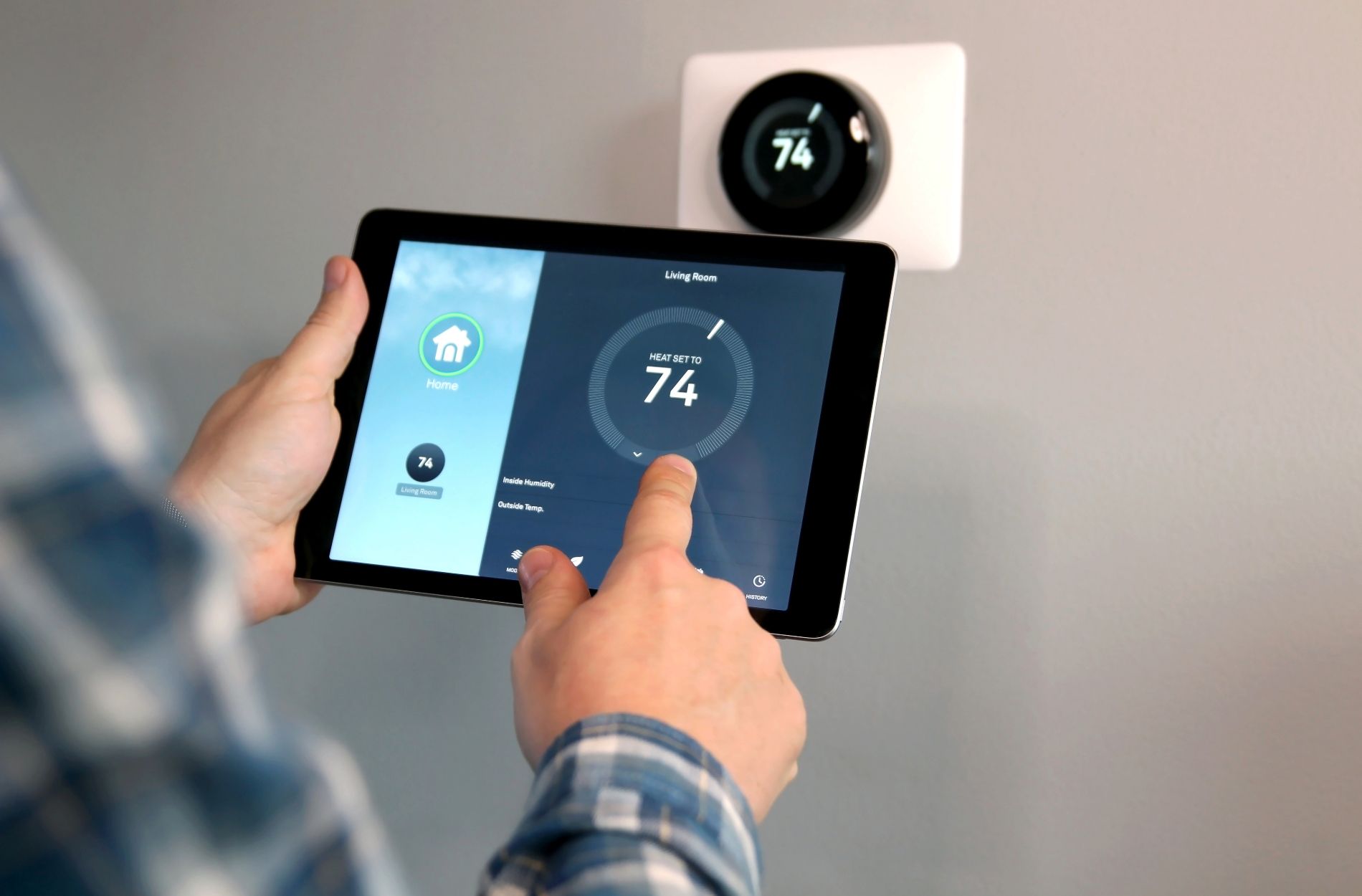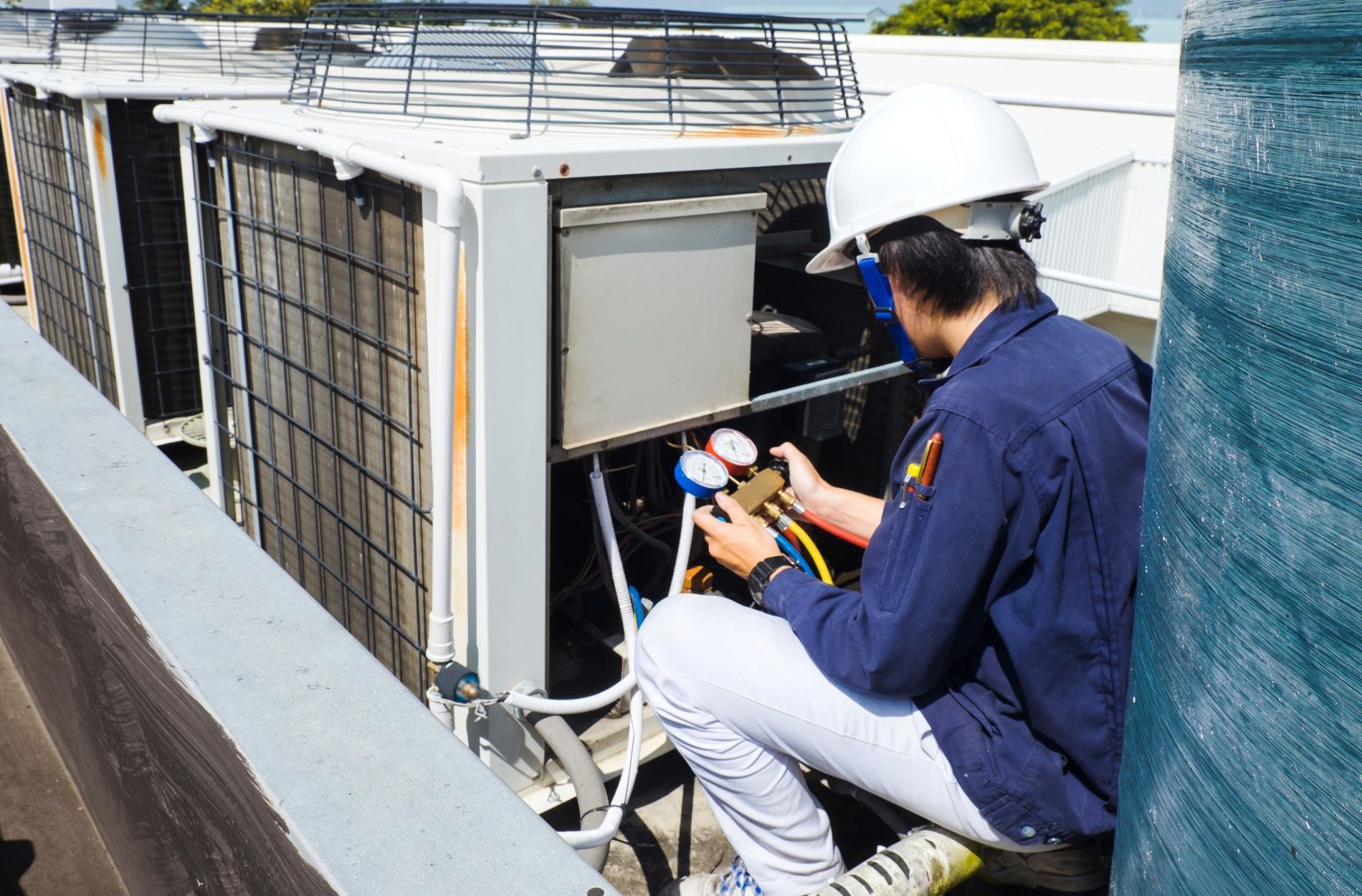Understanding Air Filters for HVAC Systems: Types & Maintenance Tips
At Anytime Heating & Air, we are dedicated to providing our community with high-quality HVAC services, from new installations and repairs to routine maintenance. A crucial component of maintaining a healthy and efficient heating and cooling system is ensuring that your air filters are clean and well-functioning. Your HVAC system's air filters play a vital role in creating a comfortable and clean indoor environment, and proper care is essential to maximize their effectiveness and extend the life of your system.
Air filters not only help optimize your HVAC unit's performance but also contribute to improved indoor air quality. They work by capturing dust, allergens, and other small particles, preventing these contaminants from circulating throughout your home. A clogged or dirty air filter can negatively impact your system's efficiency, increase energy costs, and even lead to equipment damage over time. Therefore, understanding the different types of air filters available and following a regular maintenance schedule is crucial for the successful operation of your HVAC system.
Our team of experienced technicians at Anytime Heating & Air is committed to assisting you in every aspect of your HVAC system maintenance, including selecting, installing, and maintaining the best air filters for your specific needs. As you read through this article, feel confident that our expertise and support are always available to help you in achieving a more comfortable and energy-efficient living space.
Types of HVAC Air Filters
There are various types of air filters available on the market, each with its unique features and benefits. Understanding these differences will help you select the most suitable filter for your HVAC system:
1. Fiberglass Filters: Offering an affordable option, fiberglass filters are disposable and feature a low MERV (Minimum Efficiency Reporting Value) rating. This type of filter is relatively efficient at capturing larger airborne particles but may not effectively capture smaller, more harmful particles such as allergens and bacteria.
2. Pleated Filters: With a higher MERV rating than fiberglass filters, pleated filters are more effective in capturing a range of particle sizes. They are made from folded polyester or cotton fabric, creating a higher surface area for efficient particle capture.
3. Washable Filters: Designed for repeated use, washable filters can be cleaned and reinstalled in your HVAC system. While they may have higher upfront costs, their reusable nature could result in long-term savings.
4. HEPA Filters: High-efficiency particulate air (HEPA) filters have the highest MERV rating and can capture up to 99.97% of airborne particles, ensuring optimal indoor air quality. Often used in healthcare and laboratory settings, HEPA filters may need a compatible HVAC system due to their increased resistance to airflow.
Factors to Consider When Choosing an Air Filter
To make an informed decision when choosing an air filter, consider the following factors:
1. MERV Rating: Evaluate each filter's MERV rating to determine its effectiveness in capturing airborne particles. Higher MERV ratings indicate better filtration performance.
2. Compatibility: Ensure that the filter you choose is compatible with your HVAC system, as some filters may require specific hardware or cause excessive strain on your system due to airflow resistance.
3. Cost and Maintenance: Consider the long-term costs and maintenance requirements of each filter type. While some options may have lower upfront costs, they may be less effective or require more frequent replacements.
4. Allergy Concerns: If you or a family member suffer from allergies, look for filters with higher MERV ratings or HEPA filters that can capture allergy-causing particles more effectively.
Air Filter Maintenance Tips
Proper maintenance of your air filter is crucial for the optimal performance and longevity of your HVAC system. Follow these best practices to keep your filter functioning effectively:
1. Regularly Inspect and Replace: Inspect your air filter at least once a month and replace it according to the manufacturer's guidelines. Typically, disposable filters should be replaced every 30-90 days, while washable filters can be cleaned and reused.
2. Cleaning Washable Filters: If you use a washable filter, clean it by washing it under running water to remove dust and debris, then let it dry completely before reinstalling.
3. Check Filter Alignment: Ensure the filter is installed correctly and aligned within the filter compartment to prevent air bypass and reduced filtration efficiency.
4. Maintain a Clean Environment: Keep your home clean and free of excessive dust, pet dander, or allergens to minimize the workload of your HVAC system's air filter.
Enjoy a Comfortable and Energy-Efficient Home with Proper Air Filter Care
Selecting the right air filter for your HVAC system and maintaining it effectively is essential to create a comfortable and energy-efficient home environment. By staying informed about filter types, understanding their benefits, and following appropriate maintenance practices, you can optimize your HVAC system's performance, prolong its lifespan, and enjoy cleaner indoor air.
For professional guidance and expert assistance in choosing, installing, and maintaining the best air filter for your
residential HVAC in Owensboro, trust the dedicated team at Anytime Heating & Air. Our experienced technicians are committed to helping you create the ideal living environment for you and your family, ensuring that your heating and cooling system operates at peak efficiency and provides years of reliable service.


